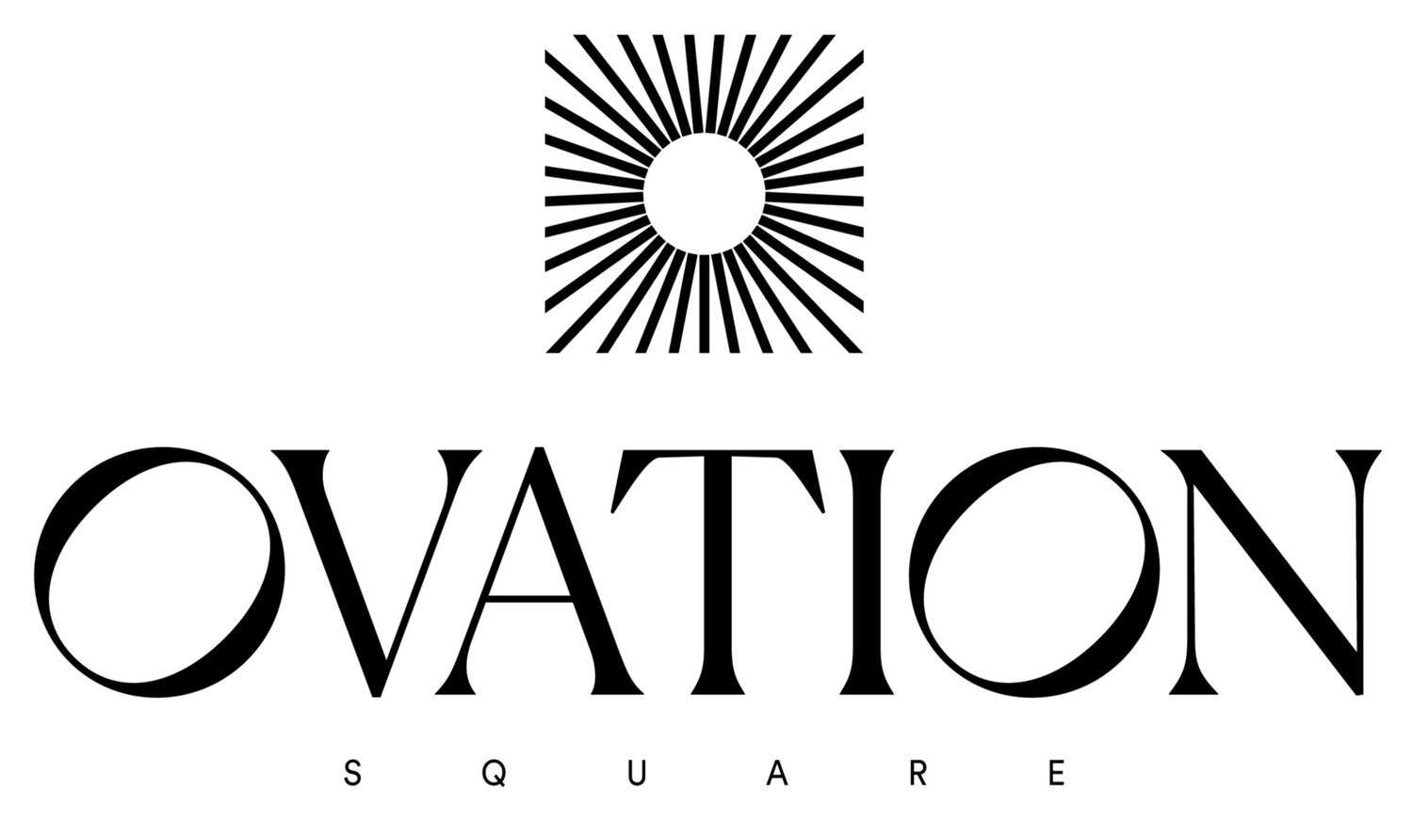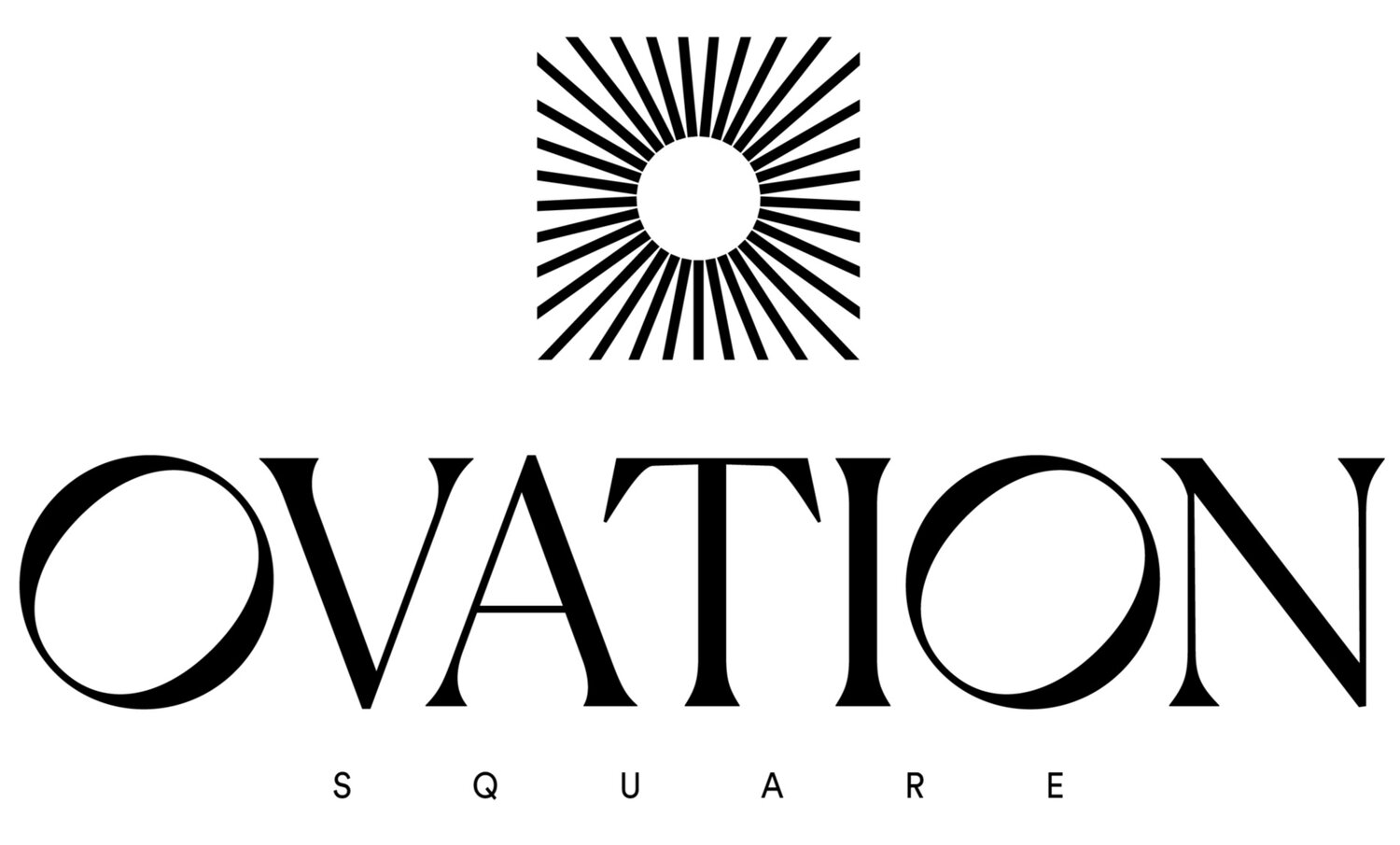Steps For Organizing A Food Festival
A food festival is an event that celebrates food and brings together food lovers from all around. It is an opportunity to experience new cuisines, learn about different cultures, and indulge in delicious food. Organizing a food festival is a great way to showcase the culinary talent of your community and bring people together. Here are the steps for organizing a food festival.
What is a food festival?
A food festival is an event that celebrates food and showcases different cuisines. It is an opportunity for chefs, food vendors, and restaurants to showcase their culinary skills and attract new customers. Food festivals attract a diverse audience and are a great way to bring people together.
How to host a food festival?
The first step in hosting a food festival is to assemble an event planning team. The team should consist of individuals with experience in event planning, marketing, and food service. The team should be responsible for managing the event's operations, coordinating with vendors, and marketing the event.
The next step is to select a theme and venue for the food festival. The theme should reflect the local culture and cuisine, and the venue should be accessible to the public and have enough space to accommodate the vendors and guests. venues for social events or long beach event venues are excellent options for hosting a food festival, as they offer ample space and have the necessary amenities, such as power and water.
Once the theme and venue are selected, the team should identify and invite food vendors to participate in the festival. The vendors should be selected based on their culinary skills and reputation. It is essential to provide them with clear guidelines on the food preparation, health and safety regulations, and the event timeline.
Food festival event planning
Event planning is a critical component of organizing a food festival. The event planning team should create a budget and a timeline that includes all costs associated with the festival, such as venue rental, vendor fees, and marketing expenses. The timeline should include critical deadlines, such as the vendor application deadline and the festival opening date.
Marketing the food festival is crucial for its success. The marketing plan should include a mix of online and offline strategies, such as social media, email marketing, and print advertisements. The marketing should also highlight the participating vendors, food offerings, and any unique features of the festival.
On the day of the festival, the event planning team should be responsible for managing the operations, ensuring the smooth flow of the event, and addressing any issues that arise. They should also coordinate with the vendors and ensure that the food is prepared and served in compliance with health and safety regulations.
Importance of food festival
Food festivals have several benefits, both for the community and the food industry. They provide an opportunity to showcase local talent, attract new customers to restaurants and food vendors, and promote the local cuisine. Food festivals also bring people together and foster a sense of community.
In conclusion, organizing a food festival requires careful planning and execution. Selecting an appropriate theme and venue, inviting food vendors, creating a budget and timeline, and effective marketing are all critical components of a successful food festival. Working with an experienced event planning team can make the process smoother and more efficient. With proper planning and execution, a food festival can be a memorable and successful event that celebrates food, culture, and community.
Frequently Asked Questions
Q: What is a food festival?
A: A food festival is an event that celebrates the culinary arts and culture of a particular region or cuisine. Food festivals typically feature a variety of food vendors, culinary demonstrations, and other food-related activities and events.
Q: How do you host a food festival?
A: To host a food festival, you need to identify a theme and location, recruit food vendors and participants, develop a budget, secure permits and licenses, plan the event logistics, and promote the festival to the target audience.
Q: What is involved in food festival event planning?
A: Food festival event planning involves identifying the event goals and objectives, developing a budget, securing permits and licenses, selecting vendors and participants, developing event logistics and operations, designing the layout, promoting the event, and managing the event on the day of the festival.
Q: Why are food festivals important?
A: Food festivals are important because they can promote local cuisine and culinary culture, support local businesses and entrepreneurs, generate revenue and tourism for the host city, and provide a platform for food education and exploration.
Q: What are some key considerations when planning a food festival?
A: When planning a food festival, it is important to consider factors such as the festival's theme and focus, location and accessibility, vendor selection and management, budget and funding sources, marketing and promotion strategies, logistics and operations, and potential safety and health concerns.


